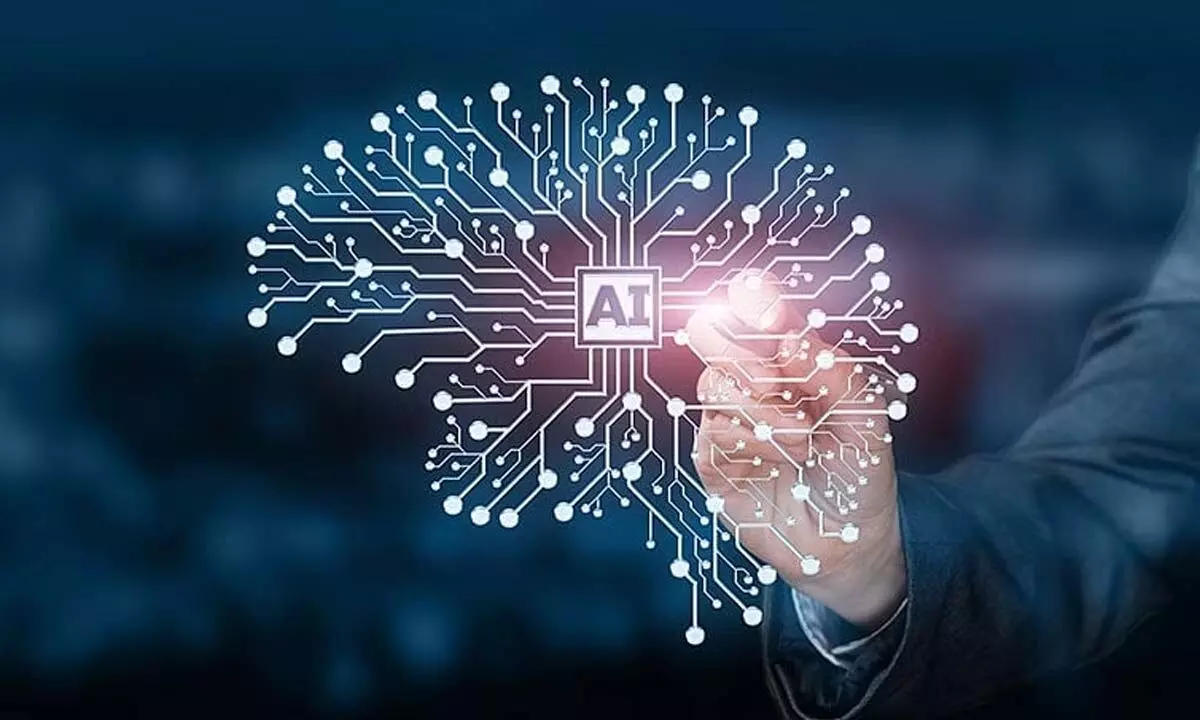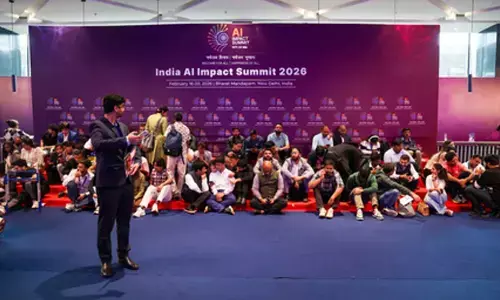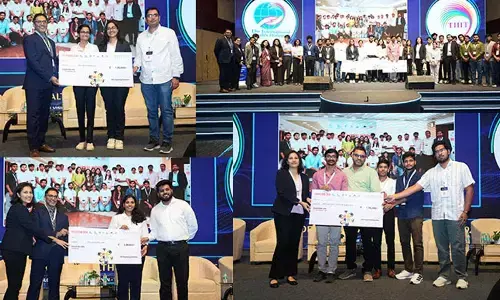Integrating human cognition & learning skills catalyst for the future of Artificial Intelligence

Artificial intelligence
Artificial Intelligence is often considered the highlight of technological advancements in the 21st century.
Artificial Intelligence is often considered the highlight of technological advancements in the 21st century. The impact of this particular technology is being compared with watershed moments in human history, like the Turing Machine of Bletchley Park, or inventions in the scale of the first steam engine, electricity or even the discovery of the wheel. The public release of AI has caused much innovation in recent years, however, the glaring limitations of Generative AI (GenAI) have caused widespread discussions.
It is imperative to understand that while we may think that the pinnacle of success regarding AI development is upon us, the truth is that AI development is at a very nascent stage. However, with the limited capability that AI has now, it has been made clear the unprecedented development it can go through, opening up new horizons irrespective of functionality. GenAI can make complex calculations in a matter of seconds, interact with humans in a predetermined capacity, recognize trends & images, automate tasks, and learn and adapt to new data — however, it remains incapable of critical thinking, autonomous actions and general proactivity. These latter capabilities remain the cornerstone of AI development efforts across the world, as these capabilities lead to integrating human cognition and learning skills that are considered the catalyst of the future of AI in general.
Is GenAI lacking?
There is a fundamental definition of what GenAI can and cannot do. For the uninitiated, the objective of Generative AI’s functionality entails drafting automated content such as text, images, audio, and video. Large Language Models (LLMs), an extension of GenAI’s capability, are aimed at understanding and generating human-like linguistic decisions. The AI models that are available in the public domains are a balanced mixture of GenAI and LLMs, such as OpenAI’s ChatGPT, Google’s Gemini and many more. They excel at creating content, interact with operators for diverse queries, and are trained using massive amounts of data that have been sourced through the internet. While these AI models have their own functionality, their operationality remains limited, especially for complex operations that require critical thinking, human cognition & learning skills.
This highlights the veracity of the question of whether GenAI is lacking in regards to what it was intended to do. The simpler answer to this would be both yes and no, considering AI development remains a continuous process and the complex processes that require human cognition and critical thinking, are not part of GenAI’s intended usage. If we go deeper, we would understand that AI development remains a multidimensional aspect, with Agentic AI being the solution to completing cognitive tasks. The ongoing development process focuses on the development of Agentic AI, as the global emphasis is to automate tasks to cognitive technology that is able to make decisions autonomously and proactively.
Why Agentic AI?
While many perceive it as a complex question, it is the opposite in reality. As the world comes to understand the impact AI could have on human civilization, it has also understood that it cannot take place at the current capacity of GenAI. Artificial Intelligence, as the name suggests, requires to mimic or replicate at levels, the intricacy of human intelligence, creativity, originality and proactiveness. What happens when we are in charge of shopping for groceries? We purchase different grocery items based on what is required, what is cheap, nutritious and tasty. This is done by making human intelligence the foundation of cognitive actions, which helps us to understand what is required at the moment’s financial and health capacity. With the development of Agentic AI, the world is looking to integrate this cognitive capability that makes us inherently intelligent, and capable of making autonomous decisions.
World governments and the private sector have identified this gap between the capabilities of GenAI and Agentic AI proactively and have been working tirelessly to continue this development process. It is imperative to create AI technologies that are sufficiently equipped with human cognitive and learning skills to be able to make inroads in complex tasks. The horizon of usage of Agentic AI remains limitless — from space travel or medical innovation to household chores, agentic AI could become the driving force for task automation, leaving humankind to engage in more strategic work that enables humankind to drive growth where it matters. In the meanwhile, as we learn from our experiences, agentic AI could, theoretically, update itself to become more aligned with human requirements that change daily, positioning it as one of the enablers of our growth story as a species.
Future Outlook
Agentic AI is no longer a theoretical possibility, but a reality that we come across every day in some form. From customer service to coding, initial models of Agentic AI are already being used across the world, with significant developmental work going on in the back to make it more susceptible to human cognition. However, the primary goal is to make it stand out among humans by using sophisticated reasoning and iterative planning, aspects that will enable it to address multi-step challenges and tasks, while solving them through proactive measures. In the coming years, it is expected to become one of the driving forces of technological success stories, becoming a core part of human functionalities that go beyond basic tasks like content creation and interaction — leading to a new avenue of unprecedented progress.
(The author is Founder & CEO of GUVI Geek Networks)










